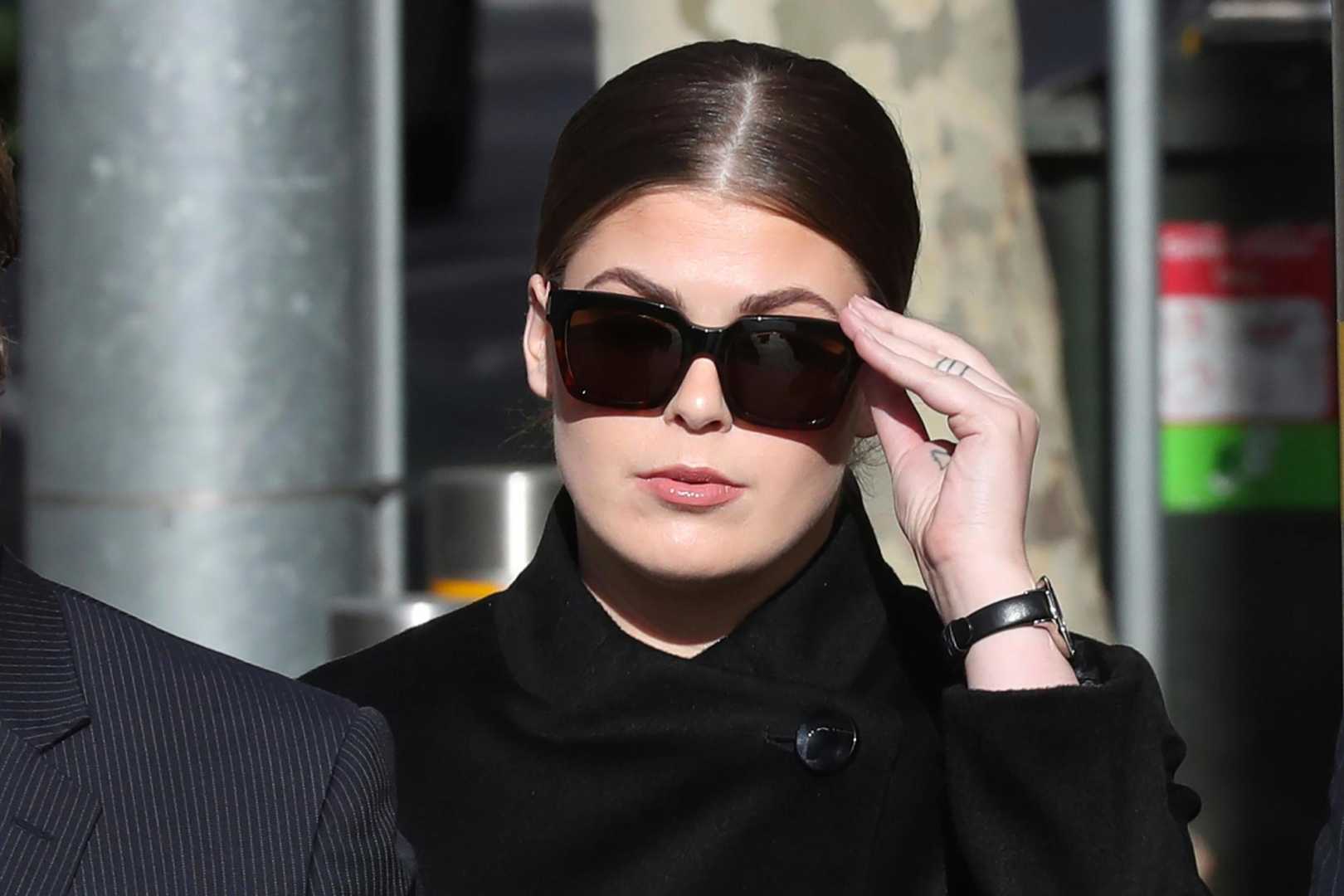News
Australia’s Belle Gibson Case Sparks Netflix Series and Renewed Outrage

WELLINGTON, New Zealand (AP) — A decade after wellness influencer Belle Gibson confessed that she did not have terminal brain cancer—a claim she made while promoting a healthy lifestyle—her controversial narrative has inspired a new Netflix series and reignited anger in Australia over an unresolved legal matter.
Legal authorities announced this week that they continue to seek repayment from Gibson for unpaid fines, reflecting ongoing resentment from Australians towards what they consider one of the country’s most audacious online scams. The case highlights the potential dangers of misleading health information proliferating on social media.
The Netflix series, titled Apple Cider Vinegar, dramatizes Gibson’s rise and fall but notably excludes details surrounding the aftermath of her admission in 2015. Following her revelations, Gibson was fined 410,000 Australian dollars (approximately $261,000) for fundraising malpractice—declaring that she would donate proceeds from her wellness app, The Whole Pantry, and a cookbook to charities, but only contributing a mere 2% of the total amount.
The consumer watchdog in Victoria is actively working to recover the funds. A spokesperson confirmed to the Associated Press, “Consumer Affairs Victoria has continued to undertake actions to enforce the debt owed by Annabelle Natalie Gibson (Belle Gibson) under court order.” However, no information was disclosed regarding whether any of the money has been collected to date.
Authorities made efforts to seize Gibson’s assets and raided her home twice, yet they have not released any further details concerning the outcomes of those attempts. Attempts to contact Gibson for a statement went unanswered, and she has avoided public appearances for several years.
Jacinta Allan, the Premier of Victoria, expressed her disappointment this month over the unresolved nature of the case. “The authorities won’t let up,” she told reporters. “This should serve as a reminder of the responsibilities that come with the influence of social media.”
Richard Guilliatt, the journalist who first reported Gibson’s false claims in 2015, noted that the lack of severe legal consequences continues to fuel public discontent. “The thing remains sort of like an open wound,” he said. “What she has suffered is just incredible public humiliation. There’s a part of me that thinks people are just going to have to let it go at some point.”
In a civil case against her book publisher, a $30,000 fine was imposed for failing to properly fact-check Gibson’s claims. Despite Gibson not facing additional criminal charges, her case has prompted changes to legal regulations regarding therapeutic health claims in Australia. As of 2022, the code governing these claims was significantly revised, allowing for penalties of millions of dollars for breaches—an overhaul some analysts attribute to Gibson’s actions.
The new regulations prohibit paid testimonials for health-related products and restrict individuals claiming expertise from endorsing such items. Suzy Madar, a partner at King & Wood Mallesons law firm in Sydney, noted, “This would have applied to the therapeutic claims that Belle made.”
While Apple Cider Vinegar has garnered applause for its critique of wellness culture, it has also faced backlash from Australians intertwined in the saga. The series is marketed as a “true-ish story, based on a lie” and claims to portray Gibson as its central character. However, Col Ainscough, a Queensland resident whose family members have faced cancer, criticized the show for depicting a family whose story he believes mirrors his own but is presented under a different name.
“This is insensitive and clearly profit-driven,” Ainscough stated. “Behind the TV stories, behind the dramatization, are real people who have had their lives devastated by the actions of this individual.”
Allan reiterated the human cost associated with Gibson’s case, warning of the ongoing fascination surrounding it. “What she did was wrong, and it had a real impact on real lives,” she said. “It is precisely these kinds of investigations that can turn a situation from bizarre to a wake-up call, highlighting the need for public discernment regarding health information.”












